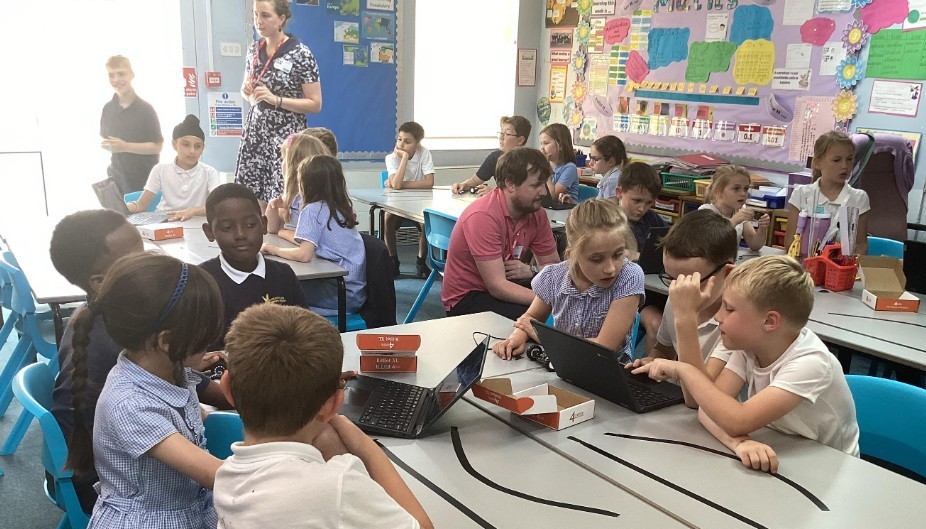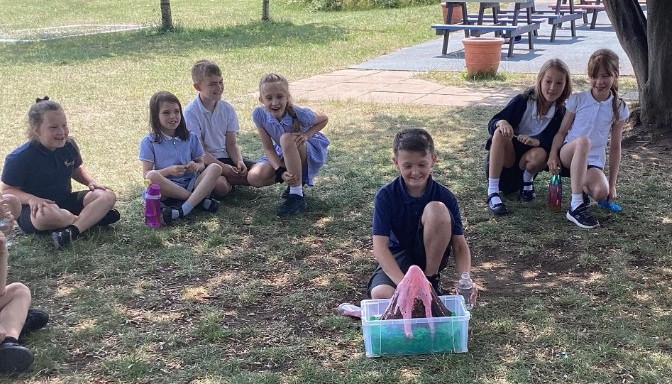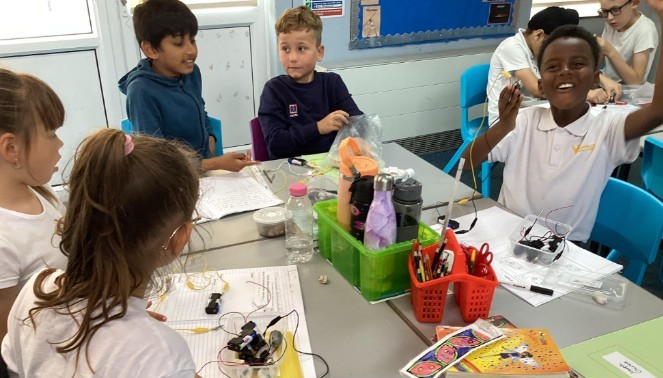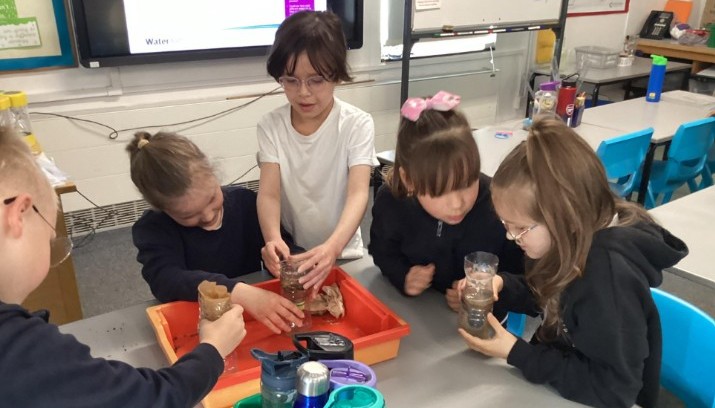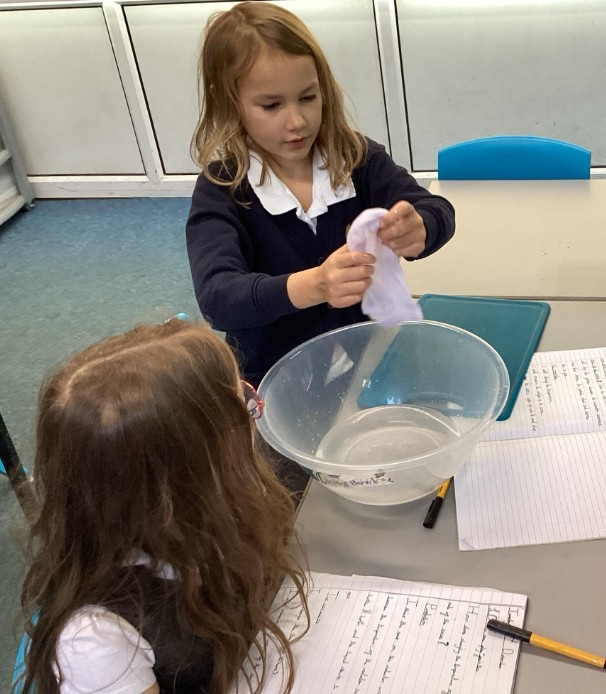'A high-quality science education provides the foundation for understanding the world through the specific disciplines of biology, chemistry and physics. Science has changed our lives and is vital to the world's future prosperity and all pupils should be taught essential aspects of the knowledge, methods, processes and uses of science.' Department of Education
Science stimulates and excites pupils' curiosity about phenomena and events in the world around them. It also satisfies their curiosity with knowledge. Because science links direct practical experience with ideas, it can engage learners at many levels.
At Wheatfields Primary School our key aims are:
- To stimulate and excite children's curiosity and enthusiasm for science
- To help pupils to learn to question and discuss scientific issues that may affect their own lives
- To engage pupils as learners at many levels through linking ideas with practical experience and developing an
- ability to apply principles to new situations
- To present a variety of experiences to broaden, challenge and change children's ideas
Our EYFS pupils are provided with opportunities to explore the natural world around them, make observations, draw pictures, identify similarities and differences and look at changes in the world around them.
At Key Stage One pupils build on their learning in EYFS and their understanding of the world around them. They observe, explore and ask questions about living things, materials and physical phenomena and begin to work together to collect evidence to help them answer questions and to link this to simple scientific ideas. They begin to evaluate evidence and consider whether tests or comparisons are fair using reference materials to find out more about scientific ideas. They share ideas and communicate them using scientific language, drawings, charts and tables with the help of computers if it is appropriate.
At Key Stage Two pupils develop their understanding as they learn about a wider range of living things, materials and physical phenomena. They make links between ideas and explain things using simple models and theories applying their knowledge and understanding of scientific ideas to familiar phenomena, everyday things and their personal health. They think about the effects of scientific and technological developments on the environment and in other contexts. They carry out more systematic investigations, working on their own and with others. They use a range of reference sources in their work. They talk about their work and its significance, using a wide range of scientific language, conventional diagrams, charts, graphs and computing to communicate their ideas.


